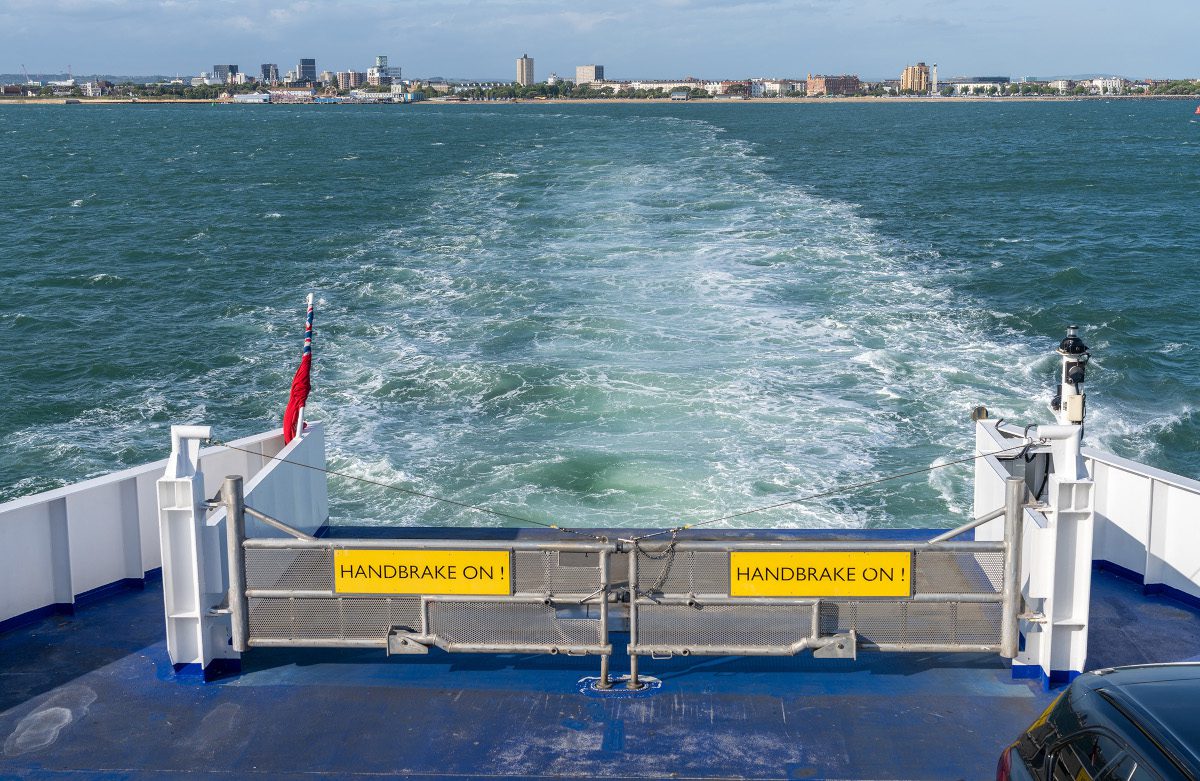With growing interest in increasing tree cover via forest restoration and rewilding to capture carbon, scientists at The James Hutton Institute have warned that initiatives that promote self-establishing trees might not always lead to carbon capture at the decadal timescales relevant to achieving net zero and mitigating climate change.
Previous research by the University of Stirling and The James Hutton Institute found that planting birch and Scots pine trees in heather moorland ecosystems with carbon-rich soils was linked to soil carbon losses that were similar to the amount of carbon captured in the trees, meaning that overall, no net carbon was captured in the first few decades following tree planting.
Scientists at the Hutton, in collaboration with the University of Edinburgh and Forest Research, have now turned their attention to natural colonisation of heather moorland, where trees established from parent trees via seedfall, without human intervention. After 25 years, the carbon captured in the small, sparsely growing trees did not exceed the carbon lost from the soil, meaning no carbon was captured following the colonisation of these previously unforested ecosystems by trees. The 25-year timescale is significant, given that Scotland has pledged to achieve net zero carbon emissions (when the carbon released is equalled by the carbon captured) by 2045, partly by increasing tree cover.
Naomi Housego, postgraduate researcher at the Hutton, who led the research, stressed: “Trees can also be established for other benefits such as increased biodiversity, flood alleviation, or recreation. Given that overall we found neither carbon gains nor losses, natural colonisation could still provide an approach for increasing tree cover that provides these ecosystem services. Nonetheless, we must consider the potential for soil carbon losses when increasing tree cover with the aim to capture carbon.”
Dr Lorna Street, lecturer in the School of GeoSciences, University of Edinburgh said, “It’s easy to assume that creating a new woodland will always have a carbon benefit, because we see carbon being stored as the trees grow. Our work shows that carbon losses from soil can cancel out those benefits, even when soils are not physically disturbed by planting.”
The scientists conducted their research at sites in the Cairngorms, Aberdeenshire where ~25-year-old native Scots pine and birch trees had colonised heather moorland with carbon-rich soils. They measured carbon in the trees, heather, and soil, along 8 metre transects away from the base of individual trees. They found that carbon stocks in the organic horizon of the soil, the layer of the soil where the majority of soil carbon is stored, were 50% less around the base of the tree (4.0 kg per m2 vs. 6.0 kg per m2) compared to 8 m away in open heather moorland. The scientists state that while they can’t prove that the trees didn’t establish in areas that already had lower carbon, they think this is unlikely given that their results match those from previous experimental work.
Dr Thomas Parker, an upland ecologist at The Hutton, said, “These results are consistent over five sites, and underscore the need for large-scale surveys to test their applicability across other soil types and climates.”
Dr Elena Vanguelova, senior biogeochemist, leading the soil research at Forest Research said, “Carbon stored in forest soils can account for up to 70% of the total forest ecosystem carbon balance. Consequently, adopting scientifically informed approaches to forest expansion, natural regeneration and colonisation, and sustainable forest management are essential for preserving and enhancing these critical soil carbon reserves.”
















